Arthur River, Tasmania, Feb 19 (V7N) – More than 150 false killer whales have been stranded on a remote beach in Tasmania, marking the first such event in over five decades, officials reported on Wednesday.
Of the 157 whales, only 90 remain alive, according to Tasmania’s Department of Natural Resources and Environment. The number of survivors has been fluctuating, as earlier reports indicated that 136 had initially survived.
The remote location, rough ocean conditions, and lack of specialized equipment are making the rescue efforts difficult. Authorities have yet to determine if any of the stranded whales—some weighing up to 3 metric tons (3.3 U.S. tons)—can be safely refloated.
“To try to refloat the animals directly back into that surf would be challenging, and it would also present enormous safety risks for our staff,” said Brendon Clark, a department liaison officer.
False killer whale strandings in Tasmania are rare, with the last recorded case occurring in 1974, when more than 160 whales beached near Stanley. Strandings in the region are usually pilot whales, making this event highly unusual.
Local Arthur River resident Jocelyn Flint described the tragic scene, saying:
“The water was surging right up, and they were thrashing. They’re just dying; they’ve sunk down in the sand.”
The reasons for such mass strandings remain unclear. Scientists suggest possible causes such as:
✔ Disorientation due to loud noises
✔ Illness or old age
✔ Injury or predation
✔ Extreme weather conditions
Tasmania has witnessed some of Australia’s largest whale strandings in history. In 2022, 230 pilot whales were stranded in Macquarie Harbor, and in 2020, a record 470 long-finned pilot whales became stuck on sandbars, with most perishing.
Authorities will examine the carcasses of the dead whales for clues and determine the best course of action for the survivors. Rescue teams are working against the clock to implement a humane response to this unfolding tragedy.
END/CLM/RH/



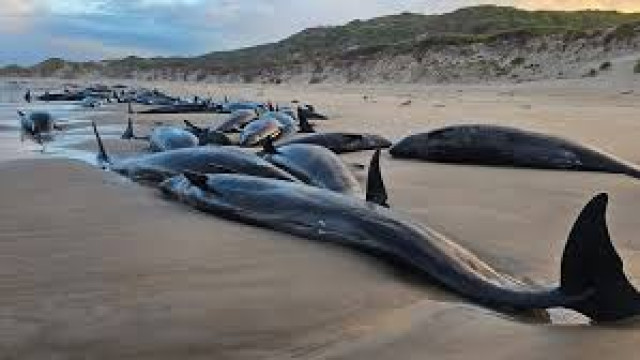
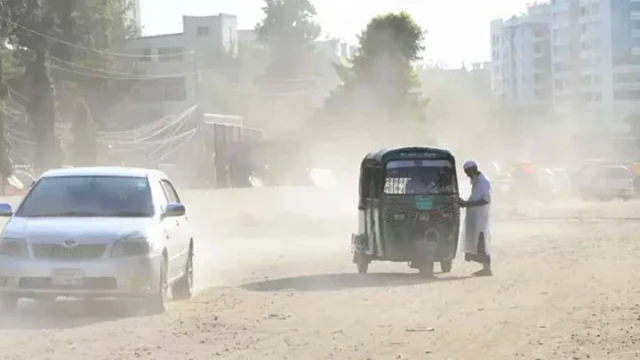
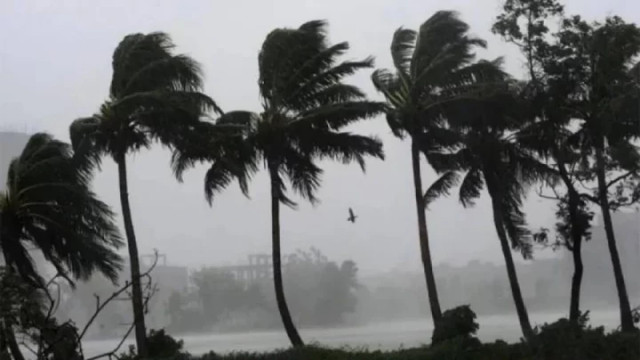
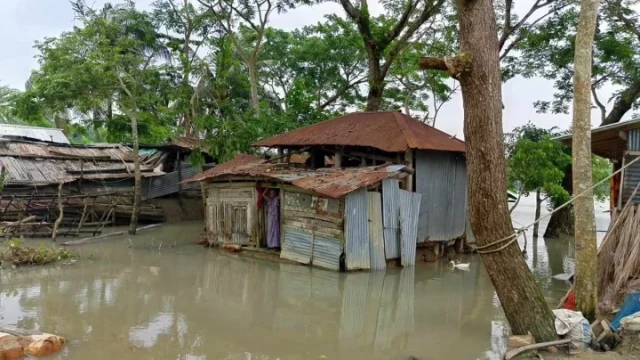
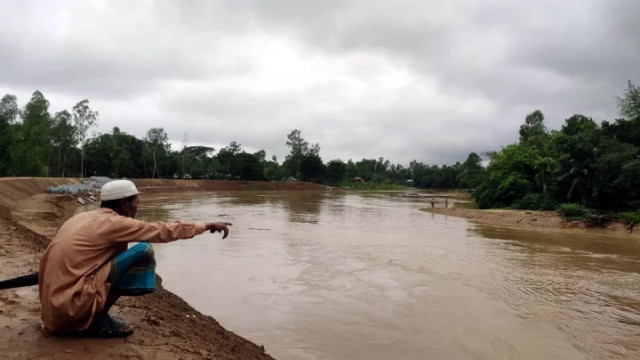
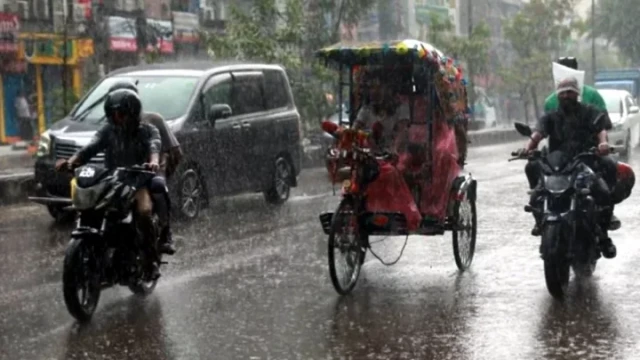
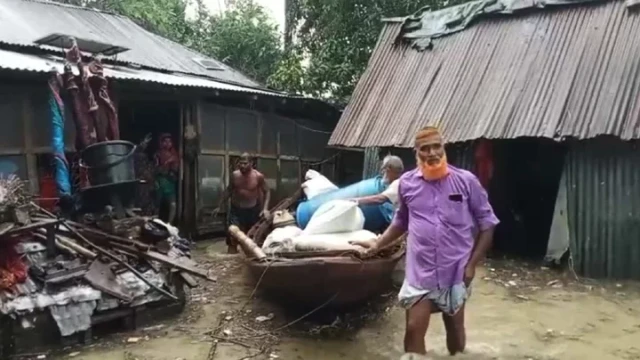
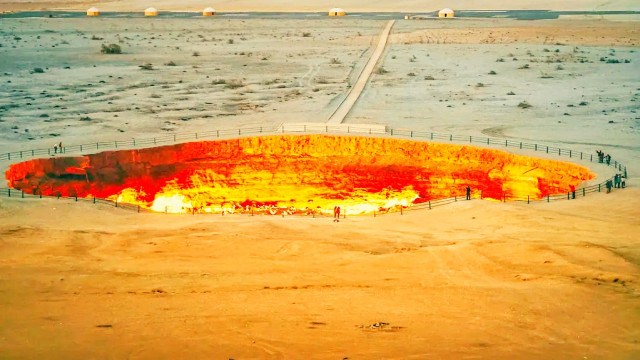
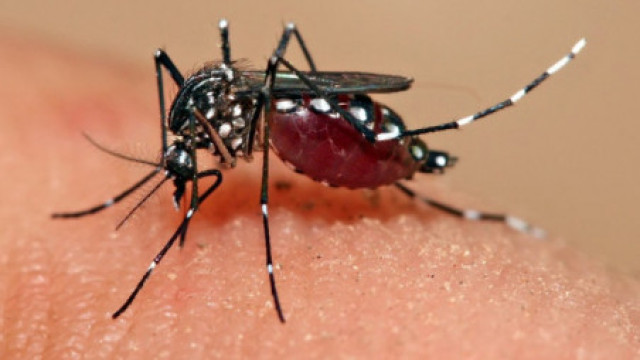
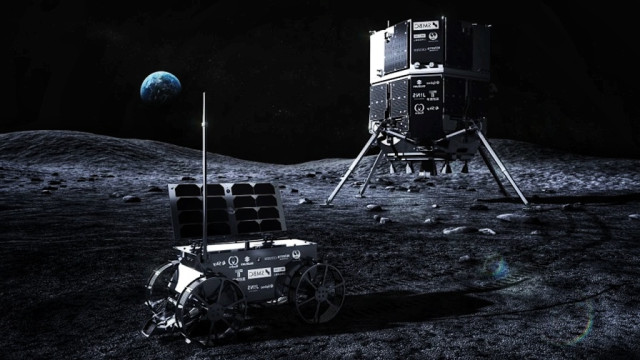


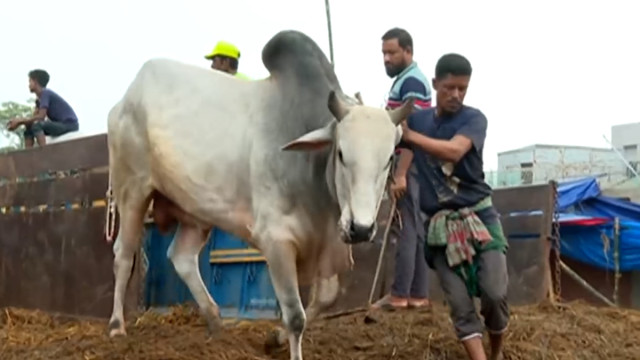
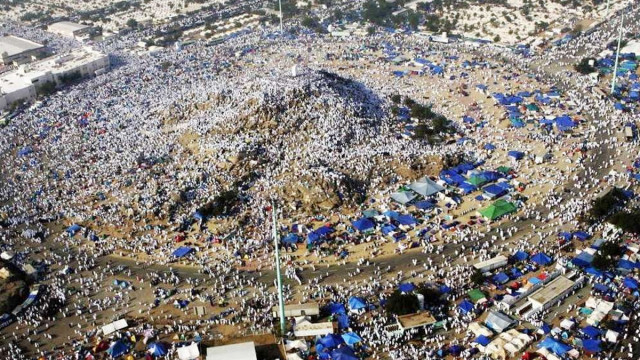








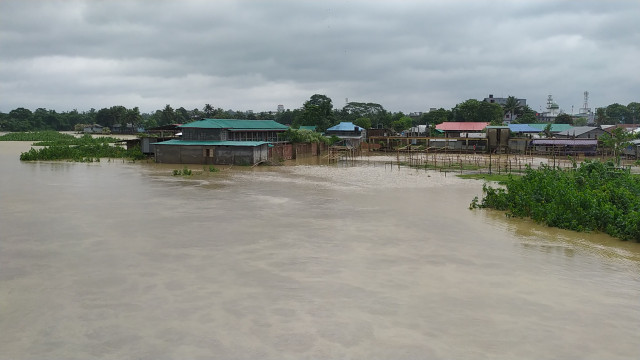



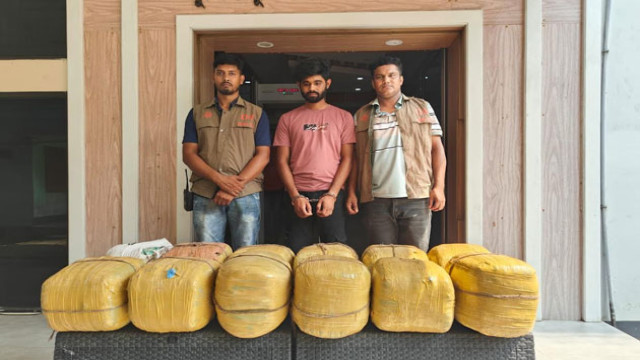
Comment: